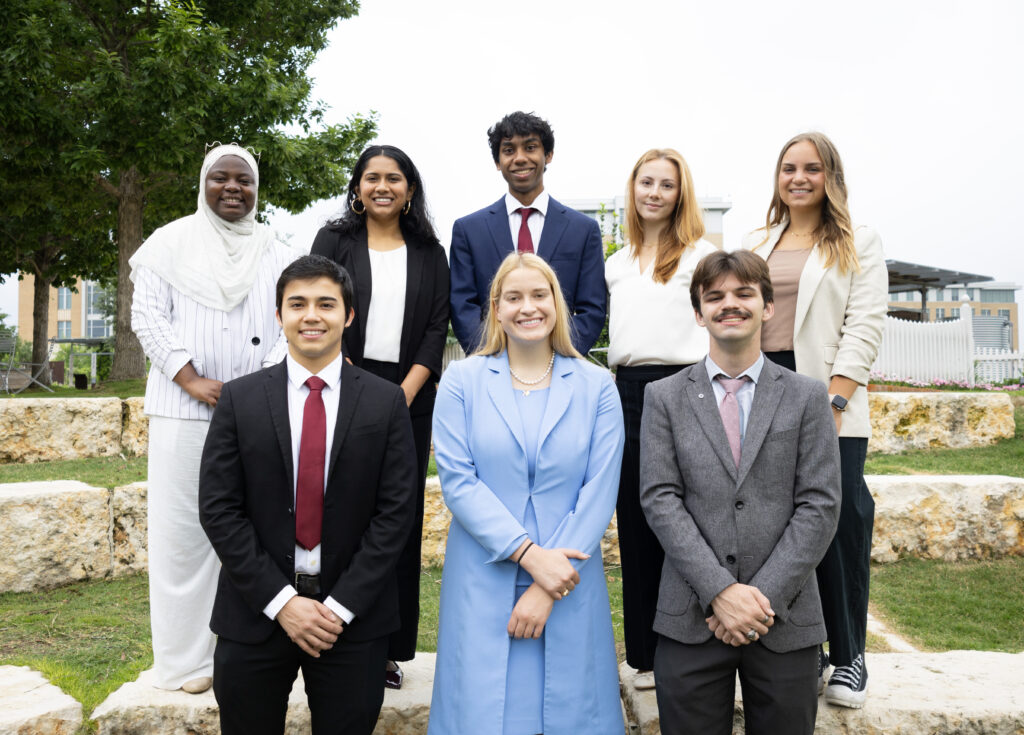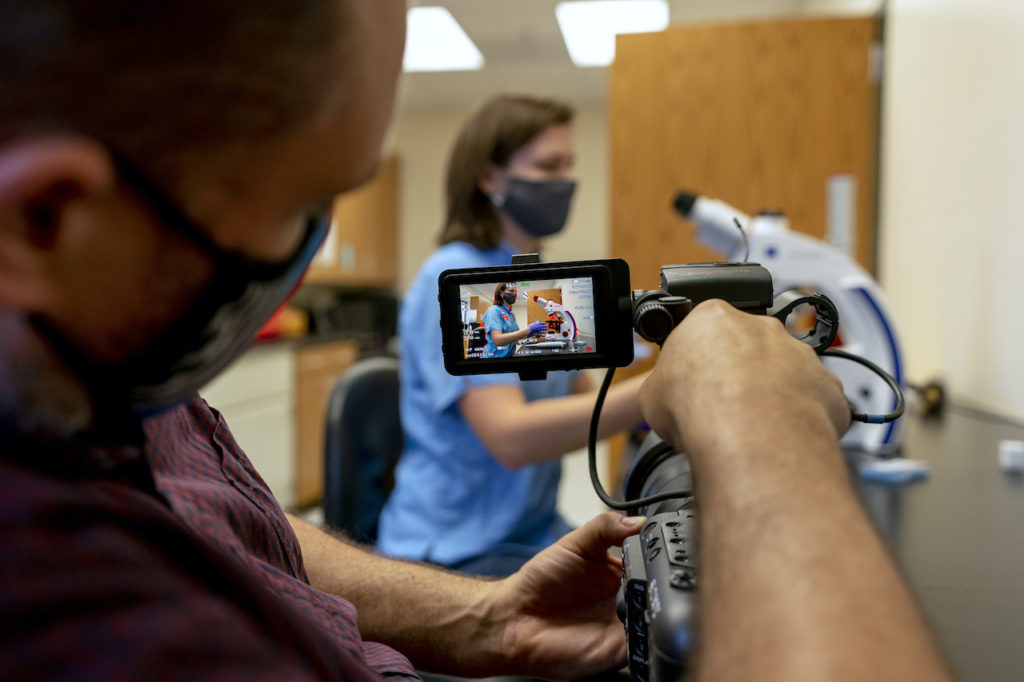
Science Influencers
The USDA-funded Science Influencers program prepares students to become effective, influential communicators of science in the public domain. The program is a yearlong integrated experience where undergraduate students learn to communicate effectively about science, technology, engineering, and math — a skillset that is critically needed in food, agriculture, natural resources, and human sciences.

Meet the Science Influencers
The Science Influencers program provides students with research experiences that combine science and communication.

Read student testimonials
Science Influencers helps the USDA’s NIFA achieve its goal of supporting research, education, and extension activities for undergraduates.

Apply to Science Influencers
Undergraduates from across the Texas A&M University System can apply to become a Science Influencer.

Meet the project team
Leaders and mentors of the Science Influencers program maintain the shared focus of equipping students to become effective scientific communicators and thought leaders.

Learn about the program
The Science Influencers program is driven by a need to repair the leaky pipeline in science communication.
Follow Science Influencers on X (formerly Twitter), Instagram, and Facebook.
The project is supported by the Agriculture and Food Research Initiative’s Research and Extension Experiences for Undergraduates program area, grant no. 2021-68018-34633/project accession no. 1026051, from the U.S. Department of Agriculture, National Institute of Food and Agriculture.

